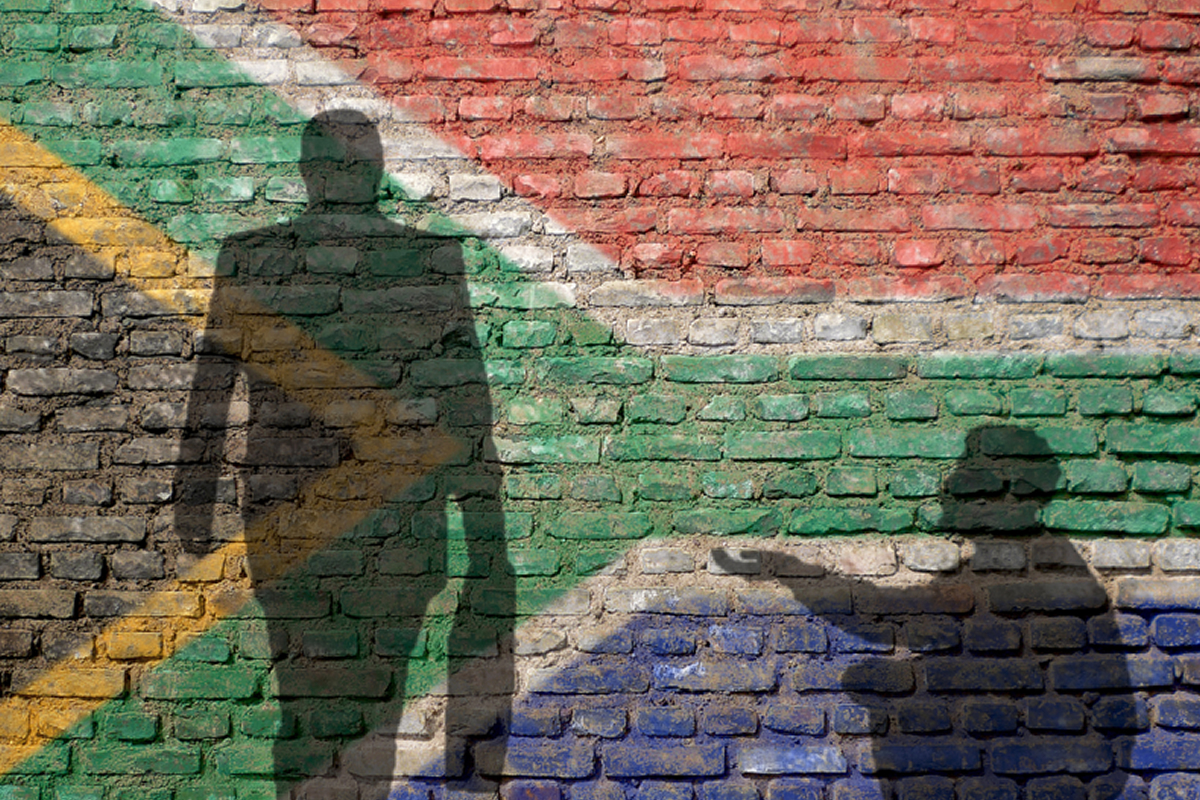It’s Workers Day. What should ordinarily be a working day, is a day off.
It is a day to honour those who keep bread on the table, who sacrifice much to hold the body and soul of households together. It is an occasion to salute those who wake up in the dark of the early morning to travel long distances to provide a service as a means to an end: basic survival.
Worker’s Day is celebrated to remind us that reasonable working hours resulted from struggle. It reminds us that individual workers and trade unions, initially in the United States of America, as far back as 1886, stood up against the tendencies of the profit-seeking industrial age to exploit workers. Worker’s Day reminds us that the 8-hour working day, which is now taken as a general standard, was fought for, and even died for.
In South Africa, Worker’s Day only became recognized as a public holiday after the 1994 democratic transition. Together with celebrating 25 years of democracy, we also celebrate 25 years of recognizing Worker’s Day in our country. Apartheid shunned the plight and rights of workers as being aligned with ‘Communism’. Those resisting apartheid rallied around the non-recognition of the importance of this day. Ironically, the country of the first May Day protests (the USA), is today one of the very few that does not formally recognize this day as a public holiday, because foregrounding the cause of workers would open the doors to ‘socialism’. Since 1994, numerous legislative provisions were enacted to create non-discriminatory and safe working environments, and fair employment practices. The Bill of Rights also guarantees the right to freely choose one’s trade, occupation and profession; fair labour practices; and rights related to forming and operating trade unions. But there is no ‘right to work’, as such.
It has taken 25 years for the principle of a minimum wage to be formally entrenched in a democratic South Africa. Today is therefore also cause to acknowledge that workers’ worth is accepted, albeit at only R 20 per hour. This may be of little comfort to many, but it is a starting point. The fine print is even less comforting: the exceptions to the R20-an-hour-rule are the agricultural sector (where the minimum, for now, is R 18) and domestic work (where a minimum of R 15 still applies). In these sectors, the R 20-minimum is being gradually phased in.
On this day, one cannot close one’s eyes to the reality that workers live together with millions of unemployed brothers and sisters. South Africa consistently features close to the top of the list of countries in the world with the highest unemployment rates, and the deepest divide between the richest and the poorest. Celebrating the contributions of workers inevitably draws attention to the more than 6 million South Africans without work, to the desperate plight of young unskilled job seekers, who make up the biggest proportion of that staggering total. Many have described this part of our population as a ‘ticking time bomb’. It is understandable that the promises of the constitutional democracy ring hollow in their ears. Their resentment is exacerbated by the fact that rising unemployment has come in tandem with ever-increasing salary increases for those already most well-off.
It is perhaps not a coincidence that Worker’s Day comes exactly one week before Election Day. 1 May is a timely reminder of the need to address both the rights of those in employment and the many who yearn for employment opportunities. One of the most important yardsticks against which to assess how to cost one’s vote should be: How do we forge a South Africa where Worker’s Day would in the future be celebrated by decent work opportunities as a prerequisite for a dignified life, for all.
It is a sad reflection of the neglect of this issue that no political agenda contains proposals for constitutional reform to include in our 25-your old Constitution an unequivocal right to work. While not making a populist promise of an immediate job to all, such a right could impose a legal obligation on the state to ensure that its programmes and policies are conducive to eradicating joblessness and creating decent employment. Including such a right in our Constitution would also be in line with the right to work in the African Charter on Human and Peoples’ Rights, to which South Africa is a state party.
For more information, please contact:

Professor of International Human Rights Law
Tel: +27 (0) 12 420 3228
frans.viljoen@up.ac.za


